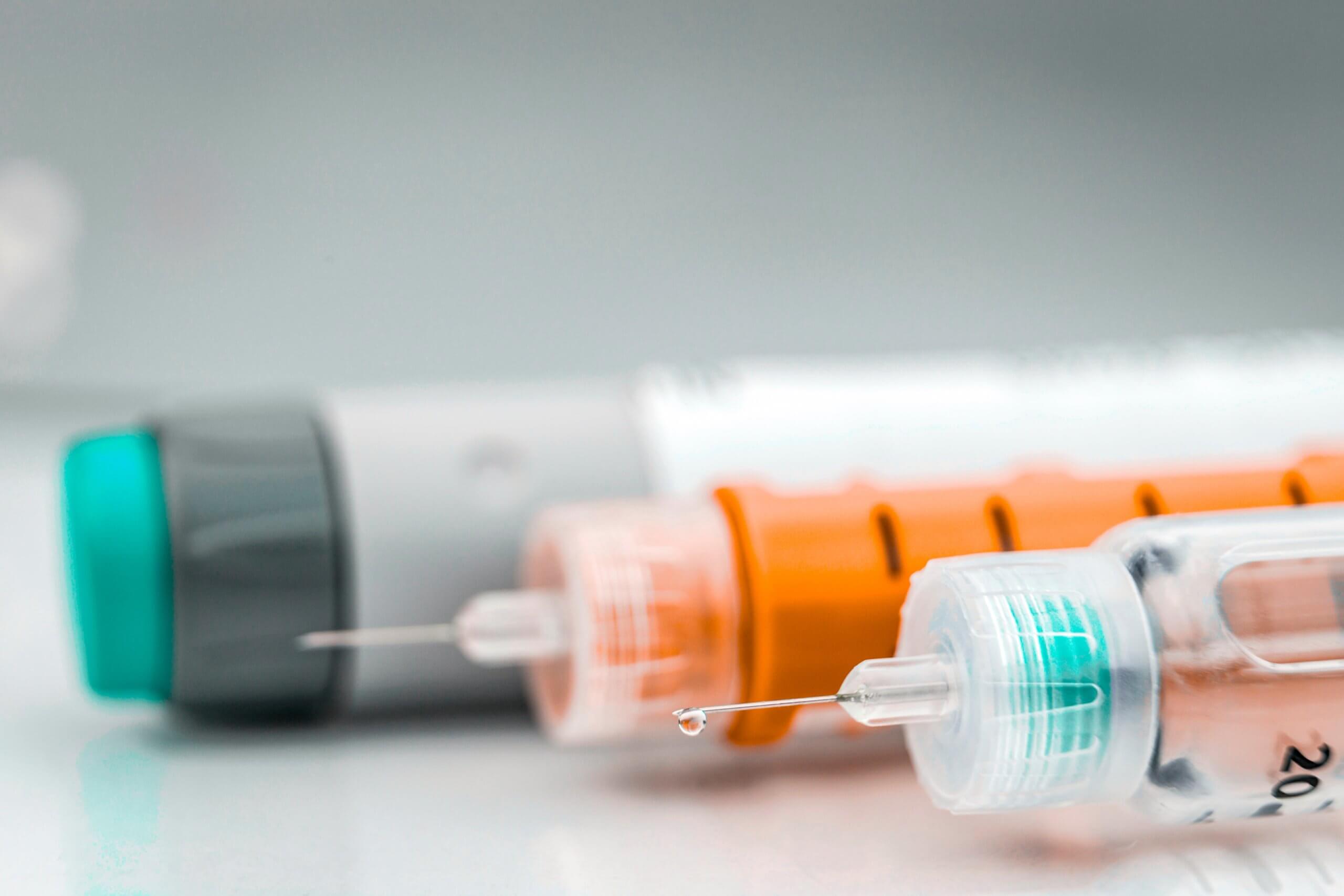Our September MedTech news roundup includes information from Swiss Medtech regarding increasing cost pressure on medical device manufacturing, findings from the Swiss Medtech Sector Study 2022, and the latest on Swissdamed. MedTech guidance from the EU, updates from the US, and news from Health Canada and Australia’s TGA also feature. Read on for more…
The latest MedTech news from Switzerland
Increasing cost pressure on medical device manufacturing
For the last two years, Swiss MedTech companies have faced increasing scarcity of components and raw materials, higher costs for materials and transport, and longer, more unpredictable delivery times.
This month, Swiss Medtech released a fact sheet that provides an overview of the cost development for the parameters considered critical in the manufacture of medical devices. The cost comparisons show the full extent of the increases over the last two years, demonstrating the effect of the COVID-19 pandemic and the war in Ukraine. You can access the fact sheet here.
Swiss Medtech releases Medtech Sector Study 2022
Earlier this month, the MedTech Sector Study 2022 was presented at the SMTI conference in Bern. A collaboration between Swiss Medtech and Helbling Technik, the study highlights the key 2021 / 2022 figures for the MedTech industry in Switzerland.
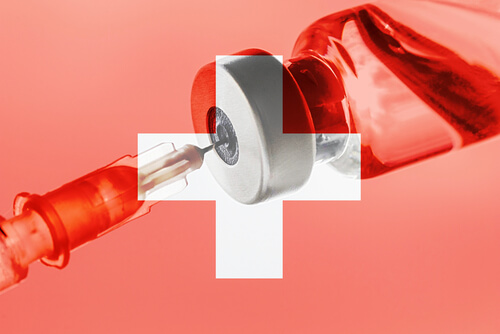
In positive news, the study reports that the Swiss MedTech industry remains robust despite the many challenges presented by policy issues concerning the EU. The MedTech sector has created 4,500 new jobs in Switzerland over the past two years and increased its revenues to 20.8 billion Swiss Francs.
However, the MDR has prompted higher costs, reduced innovation and less product diversity, and Switzerland’s third-country status with the EU following the breakdown of MRA negotiations continues to be problematic. There are also new challenges on the horizon – including digital transformation and the increasing relevance of sustainability as a criterion for market access.
Take a look at the full study here to find out more.
Swissdamed to go live in 2023

With attempts to update the EU-Swiss MRA proving unsuccessful, the registration of economic operators, medical devices, and in vitro diagnostic medical devices is currently conducted directly by Swissmedic.
Swissmedic began the implementation of “Swissdamed” (the Swiss Database on Medical Devices) in April this year. Whilst registration with Swissdamed will only become compulsory with the relevant amendment to the MedDO / IvDO, the official go-live is planned for 2023. Find out more, and stay up-to-date with the latest relevant specifications and additional information here.
MedTech guidance from the EU

MDCG advises on qualification and classification of borderline products
In the EU, determining whether a product can be defined as a medical device and deciding which classification rules apply as a result, is the responsibility of the authorities in the Member States where the product is marketed. But when interpretation of the EU legislation differs, public health may be put at risk, and the internal market may become distorted.
So, to facilitate an essential dialogue between regulators, earlier this month the MDCG released a manual that provides guidance on the qualification and classification of borderline products for medical devices and IVDs in the EU.
This recently published manual presents the agreements reached by the Borderline and Classification Working Group (a subgroup of the MDCG that’s chaired by the EU commission) following the exchanges under the Helsinki Procedure as outlined in the EU MDR and the EU IVDR.
You can access the manual here.
MDCG clarifies “first certification for that type of device” and corresponding procedures for notified bodies
For class D devices, Article 48(6) of the EU IVDR establishes the conditions to be considered by notified bodies to determine whether the expert panel should be consulted on the performance evaluation report of the manufacturer. These conditions include the absence of common specifications for the class D device in question, and circumstances where it’s the first certification for that device type.
Released this month, MDCG 2021-22 rev.1 provides clarification on the meaning of these conditions and on the corresponding procedures to be followed by notified bodies.
Guidance on appropriate surveillance regarding IVDR transitional provisions
This month, the MDCG has published guidance on the appropriate surveillance regarding the transitional provisions under Article 110 of the IVDR.
MDCG 2022-15 outlines the activities to be performed by notified bodies as part of the appropriate surveillance defined in Article 110(3) last subparagraph of the IVDR. To clarify elements to be verified by notified bodies, the guidance document also covers requirements concerning certain manufacturers’ obligations, especially relating to their quality management system.
MedTech updates from the US
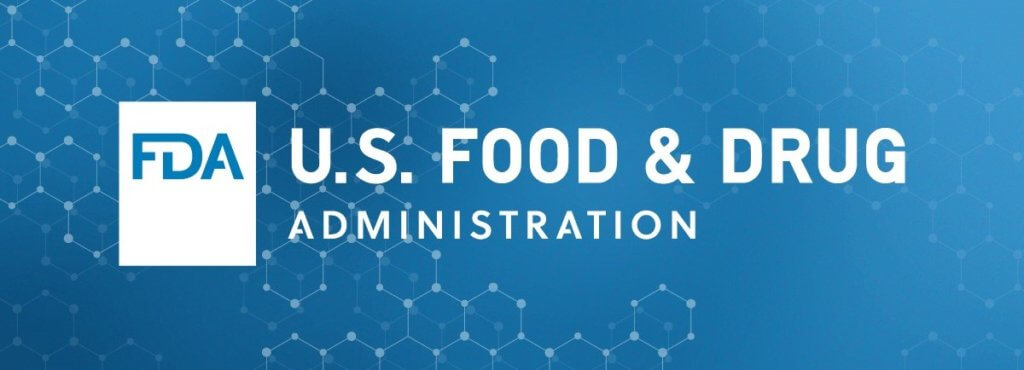
FDA releases guidance on EUA requests for monkeypox diagnostic tests
On 7 September, the Secretary of the Department of Health and Human Services declared that circumstances exist to justify the authorisation of emergency use of in vitro diagnostics for detection and/or diagnosis of monkeypox virus.
As such, the FDA has released guidance that describes their review priorities of emergency use authorisation (EUA) requests for monkeypox diagnostic tests. The guidance also provides recommendations for diagnostic test validation, and outlines the FDA’s enforcement policies for:
- certain diagnostic tests that are developed by and performed in a laboratory certified under the CLIA
- FDA-cleared or authorised monkeypox diagnostic tests that are modified
- certain serology tests
You can access the guidance here.
FDA adds brands of needles, syringes, and viral transport media to its device discontinuance list
To provide transparency to the public regarding medical device shortages during the COVID-19 public health emergency, the FDA regularly publishes updates to a device shortage list. The list fulfils a statutory obligation under section 506J of the FD&C Act and reflects the categories of devices the FDA has determined to be in shortage at this time.
At the end of last month, the FDA updated the device shortage list to remove surgical respirators (product code MSH), whilst two brands of needles and syringes (product code GAA) and two brands of viral transport media (product codes QMC and JSM) were added to the device discontinuance list.
As the COVID-19 public health emergency evolves, the list will be updated accordingly. You can read more on the latest updates to the list here.
510(k) electronic submissions to be provided to FDA by 1 October 2023
The FDA has identified 1 October, 2023 as the date on which they will require 510(k) electronic submissions to be provided.
In line with this requirement, the FDA has released guidance that provides further standards for the submission of premarket notification (510(k)) submissions by electronic format, a timetable for establishment of these standards, and criteria for waivers of and exemptions from the requirements to meet a statutory requirement.

Draft guidance on computer software assurance for production and quality system software
The FDA has issued draft guidance to provide recommendations on computer software assurance for computers and automated data processing systems used as part of medical device production or the quality system.
The draft guidance aims to describe “computer software assurance” as a risk-based approach to establish confidence in the automation used for production or quality systems and identify where additional rigor may be appropriate. It also intends to describe various methods and testing activities that may be applied to establish computer software assurance and provide objective evidence to fulfil regulatory requirements, such as computer software validation requirements in 21 CFR part 820 (Part 820).
Take a look at the guidance here.
FDA shares latest eMDR system changes
This resource from the FDA lists enhancements to CDRH’s Electronic Medical Device Reporting (eMDR) system, as the agency recognises the importance of providing early notice and predictability about potential eMDR system changes – especially for manufacturers submitting HL7 ICSR XML reports via AS2.
The FDA is adopting a yearly schedule for announcing and implementing enhancements to the eMDR System. To find out more on this, and to review the latest eMDR system changes, see here.
MedTech news from Canada & Australia
Health Canada to continue issuing electronic manufacturer’s certificate to export
On 5 January this year, Health Canada launched a pilot project to implement an electronic version of the manufacturer’s certificate to export (eMCE), with the ultimate aim of replacing the paper-based process.
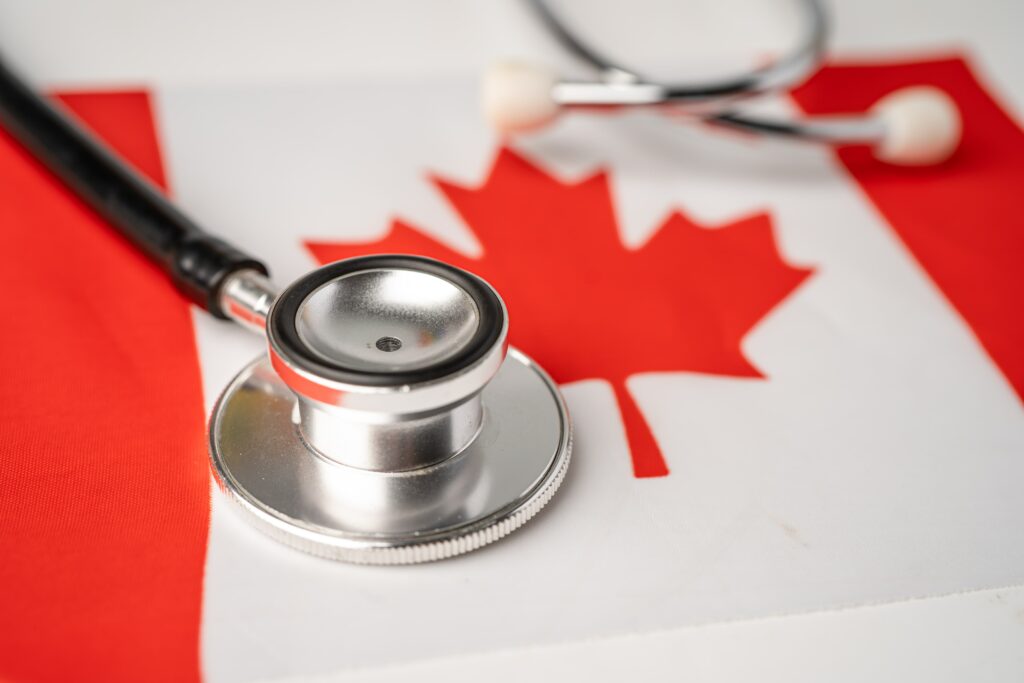
Following a survey conducted amongst eMCE applicants about the proposed process, Health Canada shall be continuing to issue electronic certificates, as the survey results demonstrated satisfaction with the new process which was found to be more efficient, straightforward, and environmentally friendly.
Australia’s TGA publishes third consultation paper on UDI implementation
The Australian Government is reforming the regulation of therapeutic goods in Australia, with the aim of continuing to improve the safety, performance, and quality of medical devices in Australia, and to improve health outcomes for patients who require medical devices.
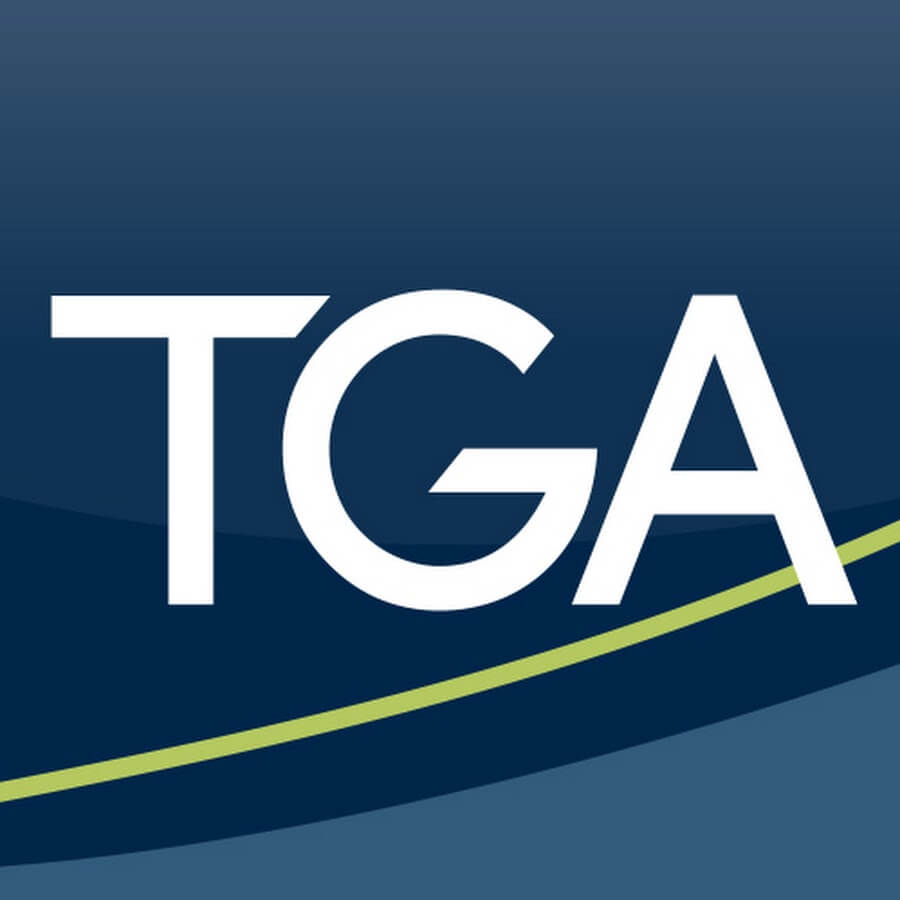
In line with these reforms, Australia’s TGA has recently published its third consultation paper relating to the Australian implementation of a Unique Device Identification (UDI) System for medical devices. The paper, which closes for review on 11 October, 2022, is available to read here.
That concludes our September MedTech news. Check back in October for more updates.
Found this useful? To receive our MedTech updates direct to your inbox, you can subscribe to our monthly Knowledge update.

